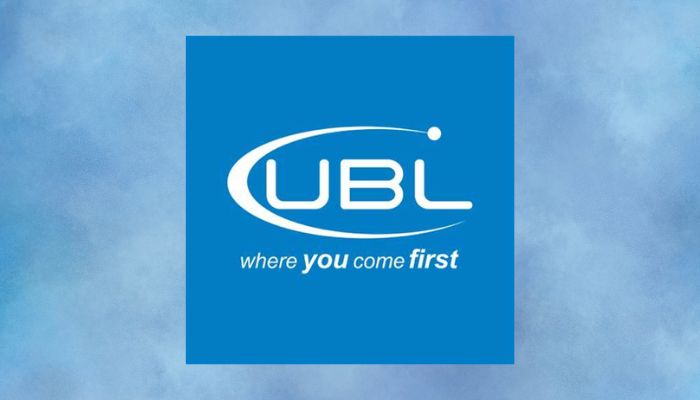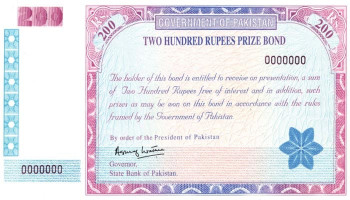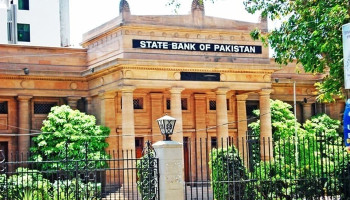
United Bank Limited (UBL) has taken a significant step towards enhancing Islamic banking by converting all its branches in Khyber Pakhtunkhwa and Balochistan into fully Shariah-compliant branches.
This move aligns with the recently passed legislation requiring the entire banking sector to transition to Islamic banking by 2027.
KP and Balochistan branches transformed into Islamic banking
The legal framework for this transition was established following a ruling by Pakistan’s Federal Shariat Court, which called for the elimination of riba (interest) from the financial system. UBL’s transformation is part of a broader trend in Pakistan’s banking sector.
However, as of 2023, the Islamic finance industry accounted for 21% of the country’s total banking market, with Islamic banking assets reaching Rs7.2 trillion, marking a 24% year-on-year increase.
Deposits in Islamic banks also surged to Rs5.8 trillion, representing nearly a quarter of all banking deposits in the country. This growth highlights the increasing acceptance and demand for Shariah-compliant financial products in Pakistan, driven by both legal mandates and consumer preference.
Nonetheless, converting conventional banks into Islamic banking is a complex process. It requires banks to overhaul their loan portfolios, ensure their products comply with Shariah principles, and train staff on the nuances of Islamic finance.
Currently, only five out of Pakistan’s 42 commercial banks are fully Islamic institutions. The transition for the remaining banks involves extensive restructuring, including the introduction of products and services that resonate with Islamic finance.
















